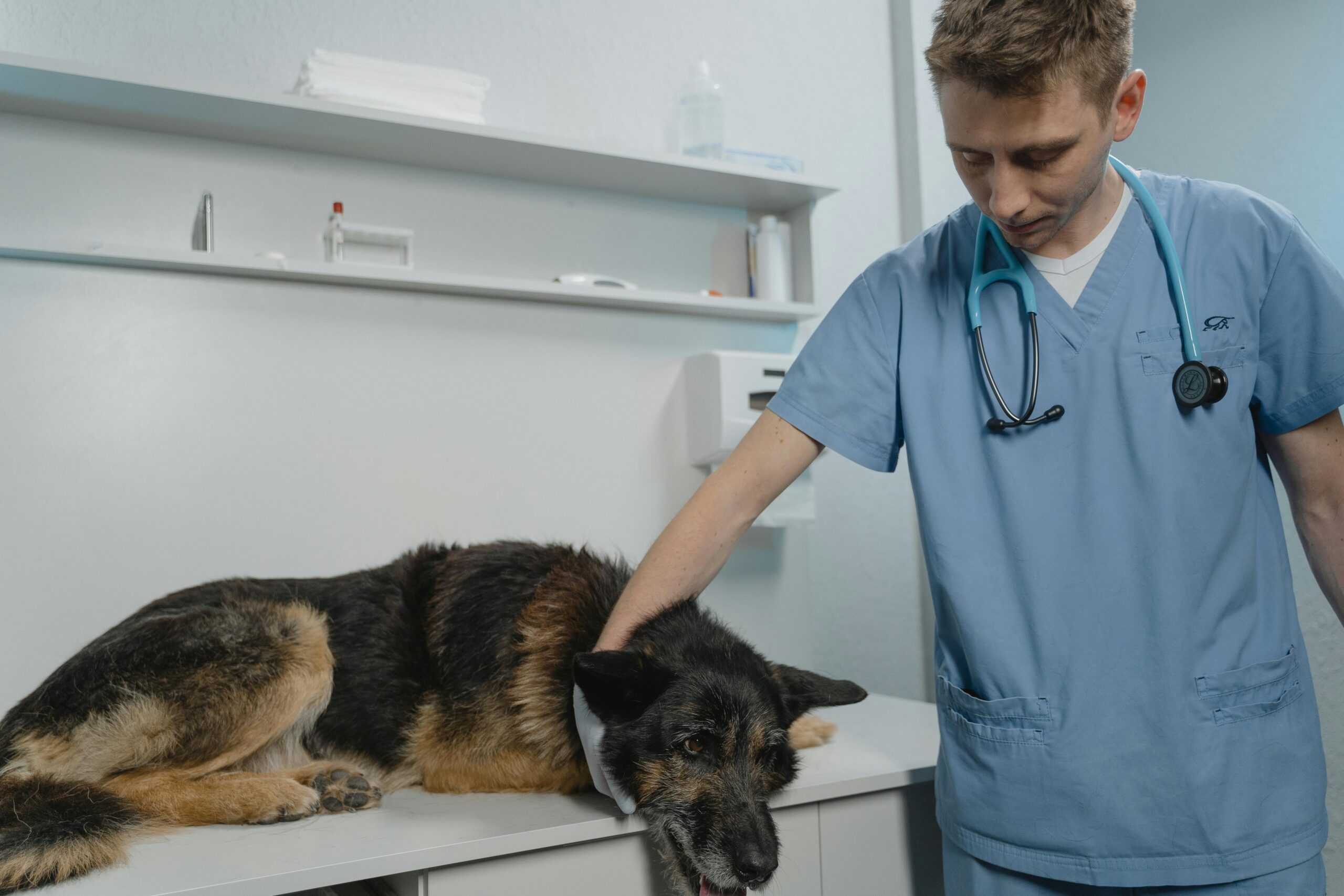Veterinary medicine has made significant strides in ensuring the health and well-being of our furry friends. One such advancement is the use of Ivermax, a potent medication designed to treat various parasitic infections in dogs. Ivermax is a brand name for ivermectin, an antiparasitic agent that effectively targets a wide range of internal and external parasites. Understanding how Ivermax works, its applications, proper administration, and potential side effects can help pet owners make informed decisions about their dogs’ health.
Conditions Treated with Ivermax
Ivermax is primarily used to treat various parasitic infections in dogs. Its broad spectrum of activity makes it a go-to medication for several conditions, including:
- Heartworms: Heartworm disease is a serious and potentially fatal condition caused by a parasitic worm (Dirofilaria immitis) that lives in the heart and lungs of infected dogs. Ivermax can be used as a preventative treatment, killing the microfilariae (immature heartworms) circulating in the bloodstream and preventing them from developing into adult heartworms.
- Intestinal Worms: Ivermax is effective against various gastrointestinal parasites, including roundworms (Toxocara canis), hookworms (Ancylostoma caninum), and whipworms (Trichuris vulpis). These worms can cause a range of health issues in dogs, including weight loss, vomiting, diarrhea, and anemia. By eliminating these parasites, Ivermax helps restore the dog’s health and overall vitality.
- Mites and External Parasites: Ivermax is also effective against certain external parasites, such as mites that cause conditions like sarcoptic mange (scabies) and demodectic mange (demodicosis). These infestations can lead to severe skin irritation, hair loss, and secondary infections, significantly impacting the dog’s quality of life. By treating these external parasites, Ivermax can help restore healthy skin and fur.
- Other Conditions: Ivermax has been used in veterinary medicine for other parasitic infections, such as certain types of lice and some protozoal infections. Its versatility makes it a valuable tool in the veterinary arsenal for treating a range of parasitic diseases.
Dosage and Administration
Administering Ivermax to your dog requires careful attention to dosage guidelines to ensure safety and efficacy. The dosage of Ivermax can vary based on the specific condition being treated, the dog’s weight, and overall health. Here are some general guidelines for safely giving Ivermax to dogs:
- Consult a Veterinarian: Always consult with a veterinarian before administering Ivermax. They can determine the appropriate dosage based on your dog’s specific needs and health status.
- Dosage Guidelines: The standard dosage for Ivermax is usually around 0.1 to 0.2 mg per kilogram of body weight, depending on the condition being treated. Your veterinarian may adjust this dosage based on your dog’s individual circumstances.
- Administration Method: Ivermax is typically available in liquid or injectable forms. If using the oral liquid form, it can be administered directly into the dog’s mouth or mixed with food. For injectable forms, a veterinarian will usually handle the administration to ensure proper technique and dosage.
- Frequency of Treatment: Treatment frequency will depend on the condition being treated. For heartworm prevention, Ivermax is usually given monthly. For other conditions, your veterinarian will provide specific instructions on the duration of treatment.
- Monitoring: After administering Ivermax, monitor your dog for any signs of improvement or adverse reactions. Regular veterinary check-ups can help ensure the treatment is effective and safe.
Potential Side Effects and Warnings
While Ivermax is widely used and trusted in veterinary medicine, it is essential to be aware of potential side effects and warnings associated with its use. Some dogs may experience adverse reactions, particularly if they have specific sensitivities or pre-existing health conditions:
- Common Side Effects: Mild side effects may include lethargy, vomiting, diarrhea, or loss of appetite. These effects are generally temporary and should resolve within a short period.
- Severe Reactions: In rare cases, more severe reactions can occur, including neurological symptoms such as tremors, seizures, or ataxia (loss of coordination). If you notice any severe side effects, contact your veterinarian immediately.
- Breed Sensitivity: Certain dog breeds, particularly those with a genetic predisposition to ivermectin sensitivity (such as Collies, Australian Shepherds, and other herding breeds), may be at higher risk of experiencing adverse effects. These breeds may lack the MDR1 gene, which helps transport ivermectin out of the brain and can lead to toxic levels in the central nervous system. Consult your veterinarian for alternative treatments if your dog belongs to a sensitive breed.
- Drug Interactions: Inform your veterinarian about any other medications or supplements your dog is currently taking, as Ivermax can interact with other drugs. Your vet can assess any potential interactions and adjust treatment plans accordingly.
- Pre-existing Conditions: Dogs with certain pre-existing conditions, such as liver disease or compromised immune systems, may require special consideration when using Ivermax. Discuss your dog’s health history with your veterinarian to ensure safe treatment.
Conclusion
Ivermax has established itself as a reliable and effective treatment for various parasitic infections in dogs. Its versatility in targeting both internal and external parasites, including heartworms, intestinal worms, and mites, makes it a valuable tool in veterinary medicine. When administered correctly and under veterinary guidance, Ivermax can significantly improve your dog’s health and quality of life.
As with any medication, it is crucial to be informed about the appropriate dosage, potential side effects, and breed-specific considerations. Consulting with your veterinarian ensures that your dog receives the best care possible. By understanding the uses and benefits of Ivermax, pet owners can make informed decisions and take proactive steps to protect their beloved companions from harmful parasites.

